Are you looking to establish a formal agreement with a client or partner? Crafting a professional services agreement is essential to ensure that both parties understand their roles, responsibilities, and expectations. This document not only protects your interests but also helps foster a smoother working relationship. Want to dive deeper into the specifics of creating an effective agreement?

Introduction and Purpose
A professional services agreement establishes a clear understanding between parties engaged in a business relationship, particularly in industries such as consulting, legal, and IT services. The introduction to this agreement outlines the nature of the services being provided, specifying expectations and deliverables. This document aims to define the purpose of collaboration, detailing agreed-upon responsibilities, timelines, and compensation structures. Such clarity not only minimizes misunderstandings but also fosters a productive working environment, ensuring that both parties are aligned on project goals and objectives. The agreement serves as a legal framework protecting the interests of both the service provider and the client throughout the duration of the partnership.
Scope of Services
The professional services agreement outlines a comprehensive scope of services for various projects, including detailed assessments, strategic planning, and implementation phases. Services may cover sectors such as information technology, including software development and system integrations, or consulting in management practices aimed at improving business efficiency. Additional facets may involve regular progress reporting, stakeholder engagement, and compliance with industry regulations. Specific deliverables need identification, including timelines and measurable objectives, to ensure that each project aligns with client expectations and industry standards. This agreement focuses on maintaining clear communication, setting milestones, and defining payment terms to support a mutually beneficial partnership.
Payment Terms and Conditions
Professional services agreements often outline essential payment terms and conditions to ensure clarity between parties. The agreement may specify a standard payment schedule, such as monthly invoices due within 30 days of receipt. It can also detail late payment penalties, often ranging from 1% to 5% of the outstanding amount, applied after a grace period of 15 days. Additionally, the agreement may stipulate acceptable payment methods, including bank transfers, checks, or credit card transactions, facilitating flexible options for clients. Furthermore, provisions for reimbursing expenses incurred during service delivery, such as travel expenses or materials, might be included. Clear communication regarding project milestones and corresponding payment milestones may help foster a mutually beneficial relationship between service providers and clients.
Confidentiality and Data Security
In the realm of professional services agreements, confidentiality and data security serve as vital components to safeguard sensitive information exchanged between parties. Confidentiality clauses typically establish the obligation of each party to maintain the discretion of proprietary data, which may include trade secrets, client lists, and financial information, with specific timeframes often outlined for post-agreement confidentiality--usually ranging from two to five years. Data security provisions address relevant measures to protect electronic and physical data, referencing frameworks such as the General Data Protection Regulation (GDPR) or the Health Insurance Portability and Accountability Act (HIPAA), depending on the sector. These provisions may mandate regular security assessments, encryption protocols, and employee training programs to prevent data breaches. Responsibilities in the event of a data breach are also crucial; parties may be required to notify each other within a specified period, commonly 72 hours, to mitigate potential damage. Legal recourse for breaches, including potential penalties or damages, reinforces the imperative nature of upholding confidentiality and data security standards throughout the duration of the professional relationship.
Termination and Dispute Resolution
Termination of a professional services agreement may occur under specific conditions, such as breach of contract or mutual consent. Clear notification requirements must be established, typically requiring a written notice of 30 days. Dispute resolution typically involves mediation, a structured method where a neutral third party facilitates communication to resolve conflicts. If mediation fails, arbitration may be pursued, where a binding decision is made by an arbitrator. Locations or relevant legal jurisdictions, such as New York, often guide the legal framework governing the resolution process. It's essential to delineate the governing law to avoid complications during proceedings.

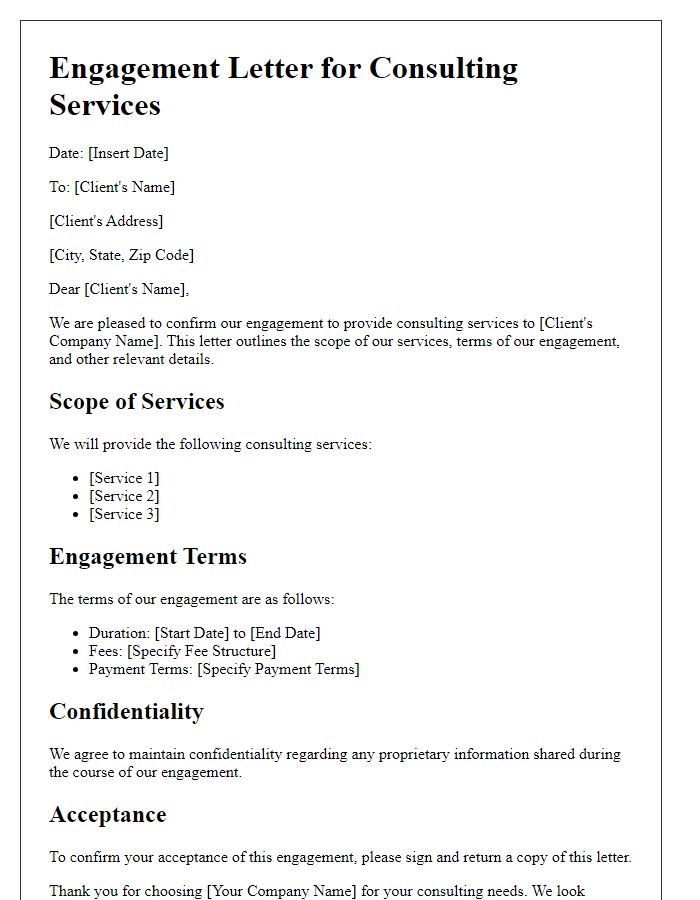
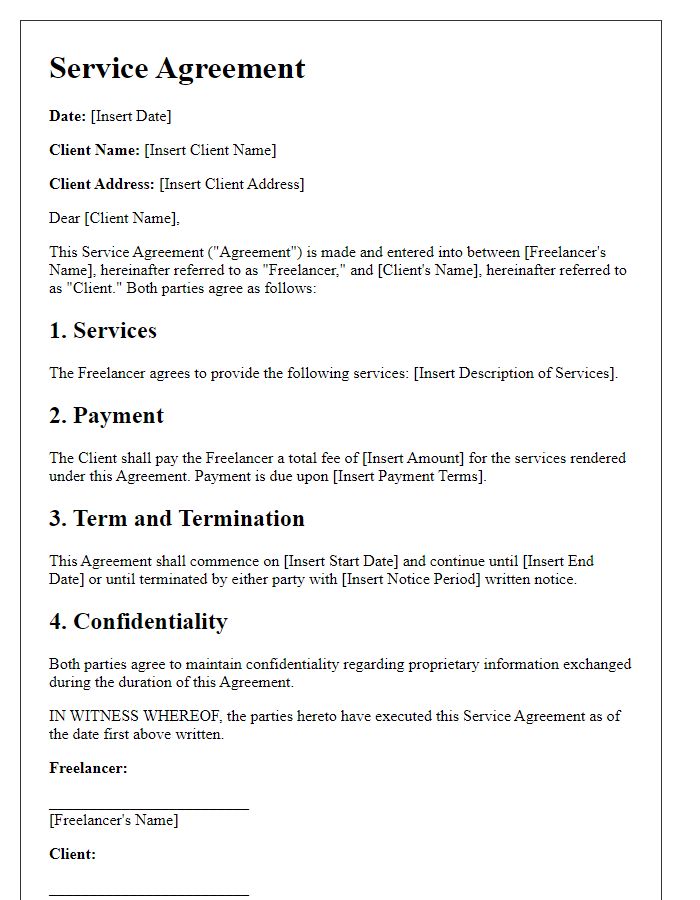
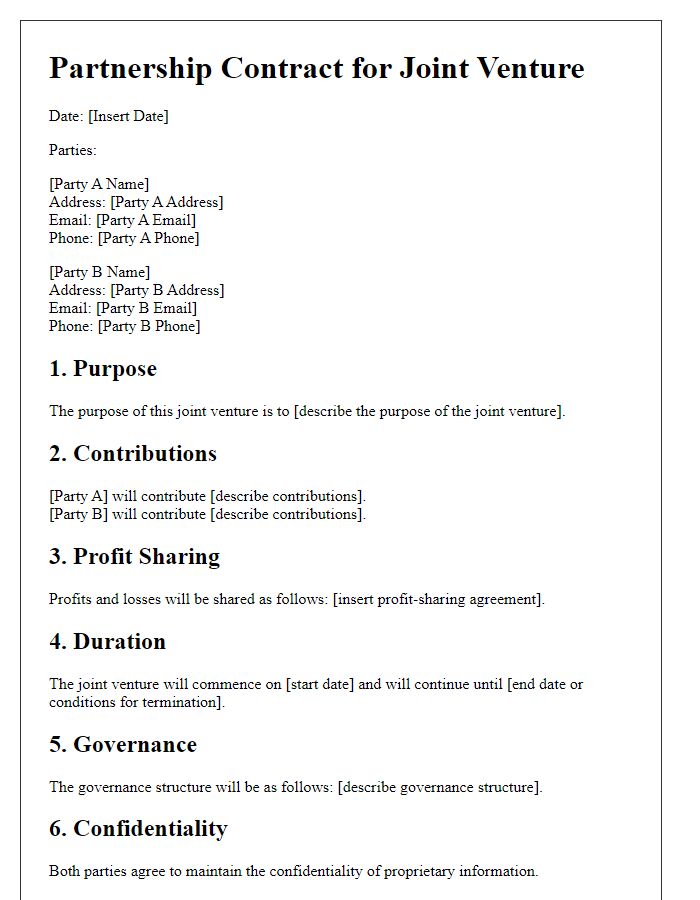
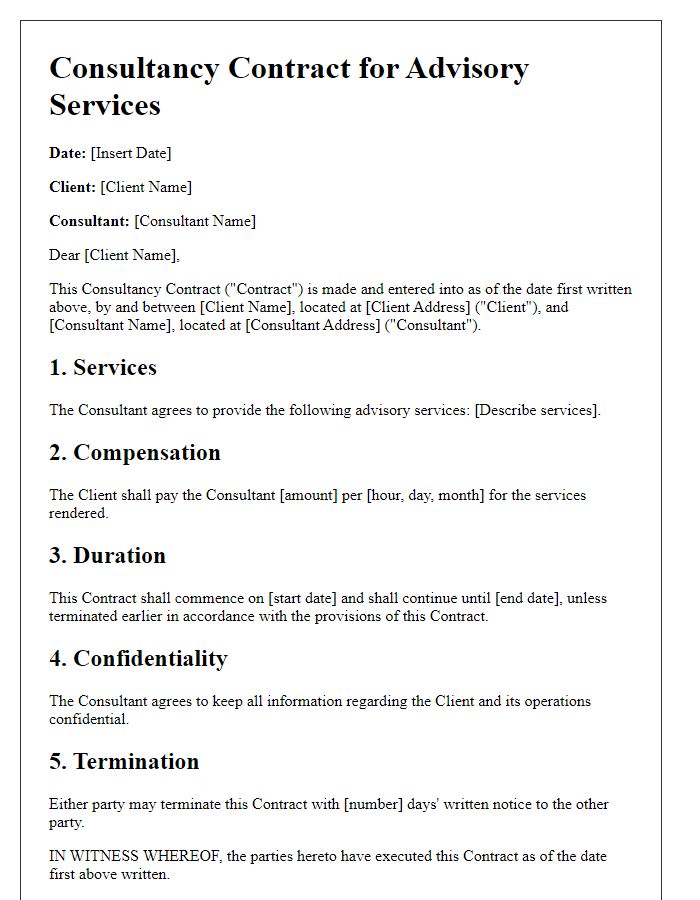
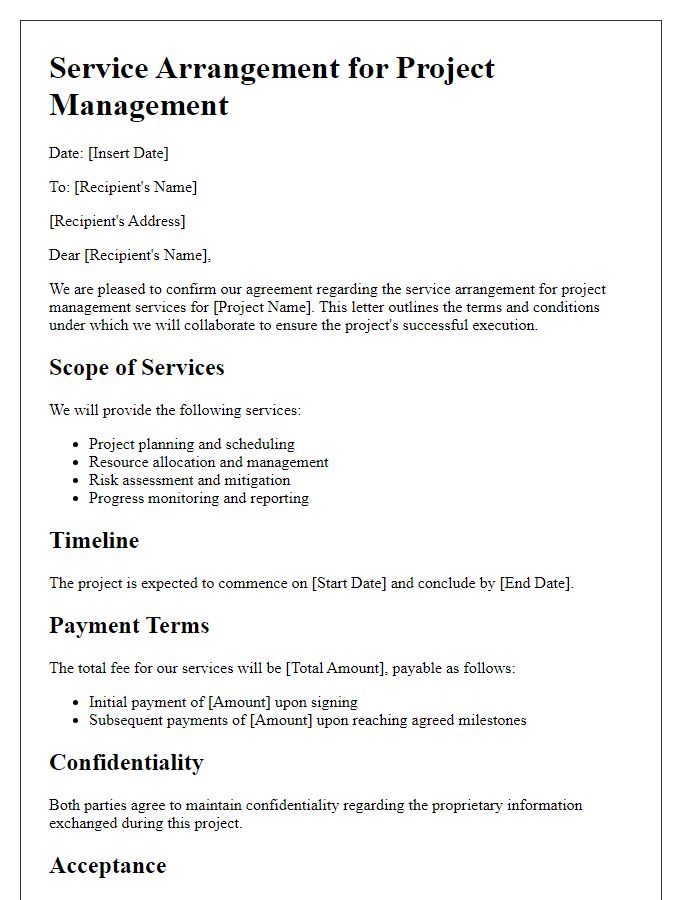
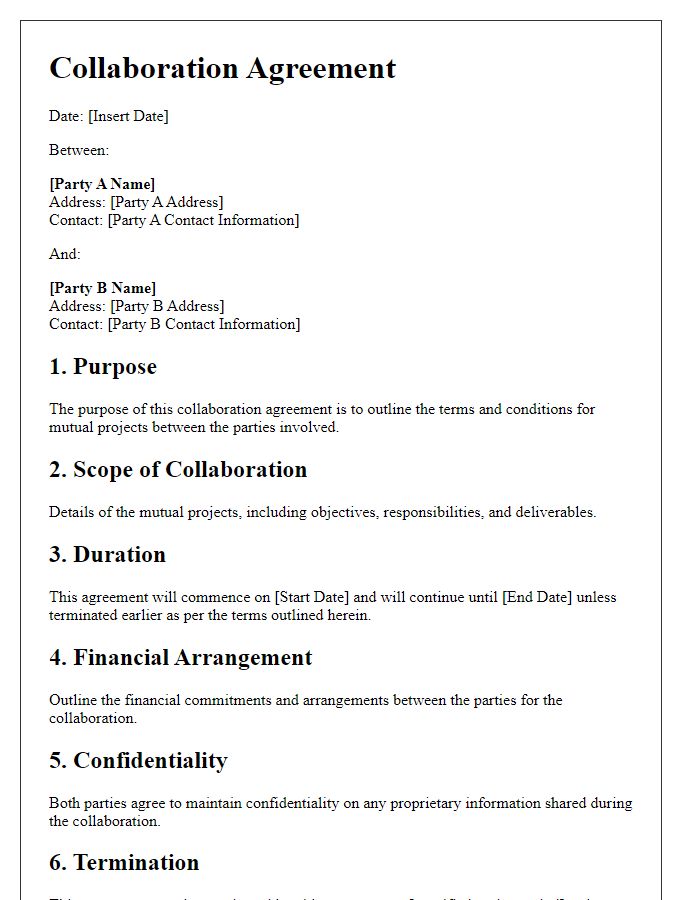
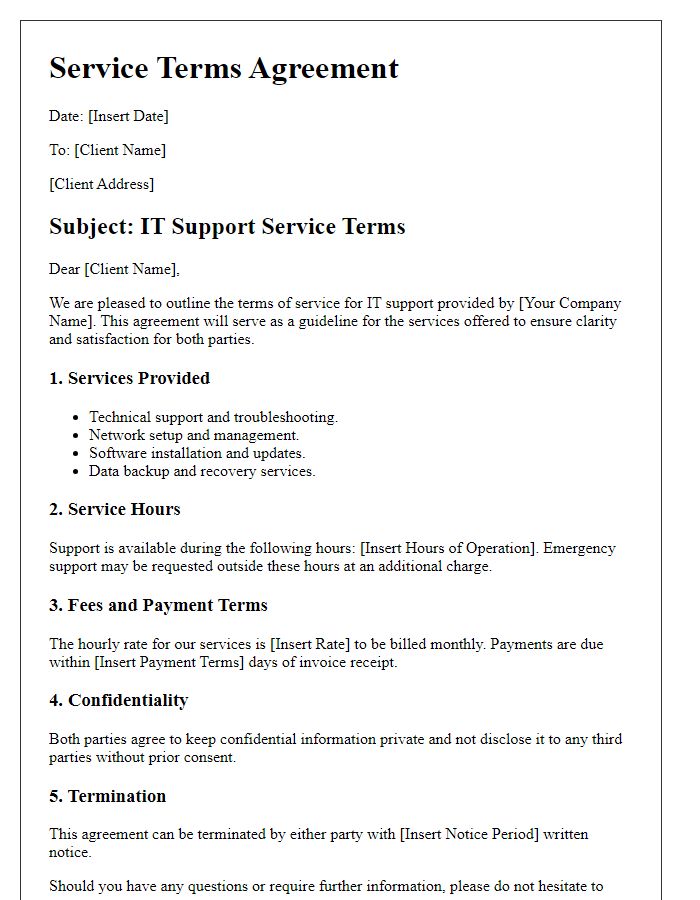
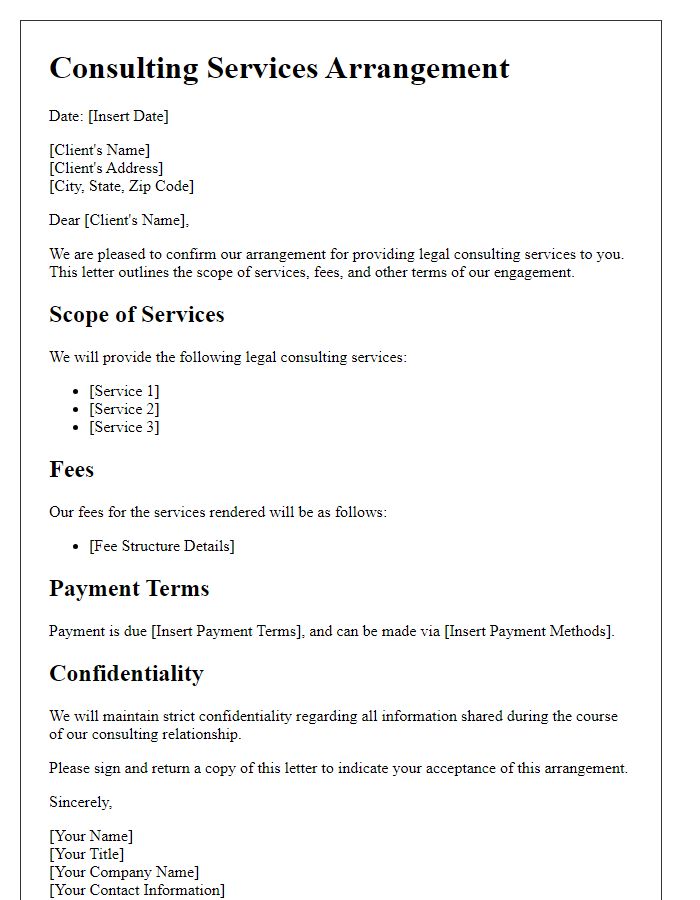
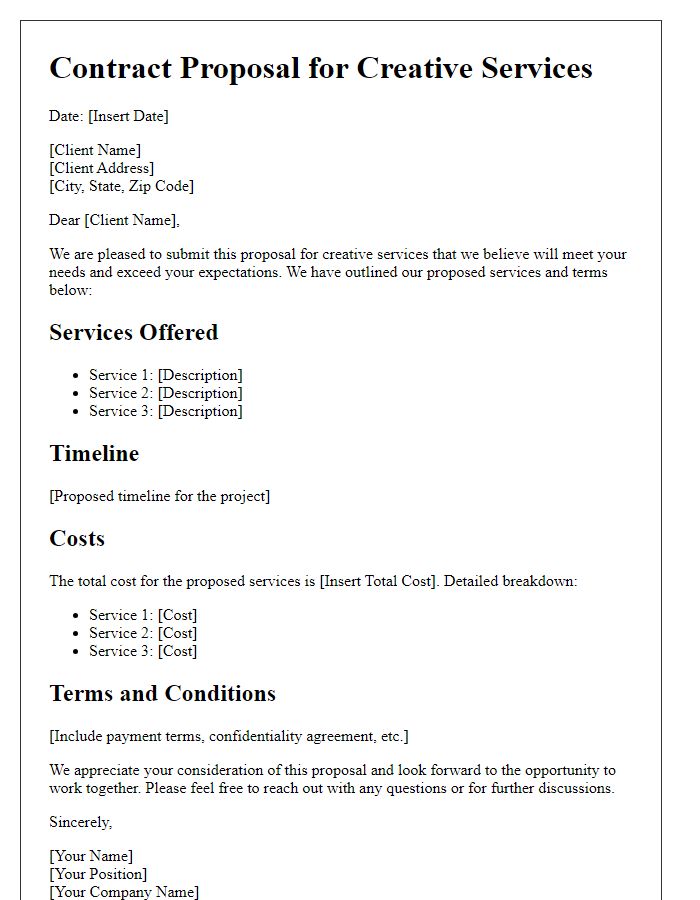
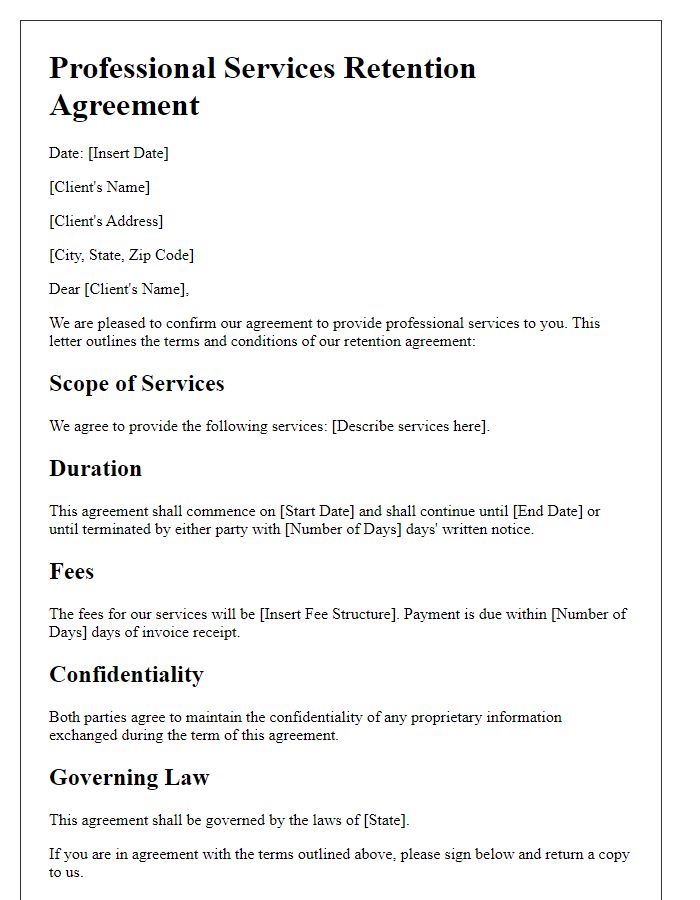


Comments